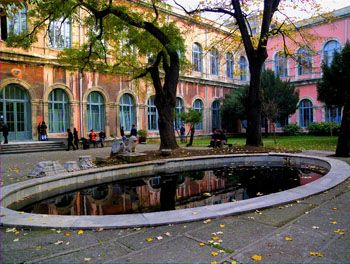
I. Beginnings
II. Conditions
III. Events
IV. Infrastructures
V. Frameworks
VI. Topics
VII. Education
STS Across Borders digital collections are focused through ten shared questions that can be asked across all STS formations so as to enable comparative insight.
...Read more
STS Across Borders is a special exhibit organized by the Society for Social Studies of Science (4S) to showcase how the field of Science and Technology Studies (STS) has developed in different times, places...Read more
The first Master’s Degree program in “Science, Technology, and Society” was launched in 2000 under the Institute of Social Sciences at Istanbul Technical University (ITU) in Turkey. The program was jointly administered with the European Inter-University Association on Society, Science & Technology (ESST) Master of Arts Programme.
To write a story about the beginnings of the program, we concentrated on using several methods, which include participant observation, unstructured interviews, and analysis of archival documents that were provided by Prof. Hacer Ansal, one of the founders and the director of the program as well as a member of IstanbuLab. The lack of institutional archive at Istanbul Technical University demonstrates how STS has a fragmented and discontinuous past in Turkey; the institutional archive is distributed, forgotten, and lost.
Three women played an active role in the beginnings of this STS formation: Hacer Ansal, Yıldız Sey, and Gülsün Sağlamer.
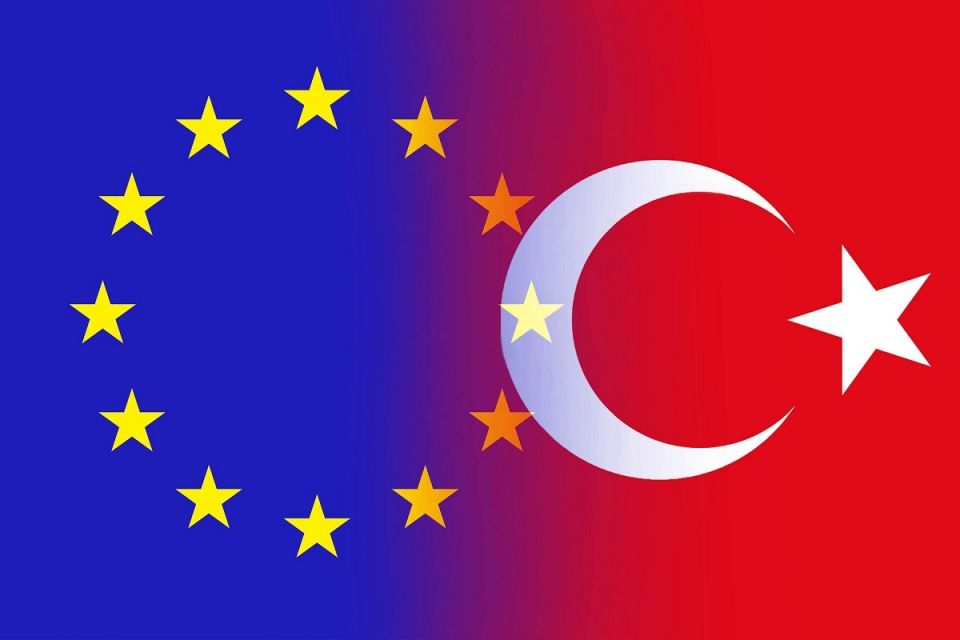
Once we excavated the archives, we observed that STS formation in ITU (2000-2006) was influenced by multiple factors, some of which are listed below.
-Integration of Turkey to EU
-European Higher Education Area and Bologna Process
-Financial Crises in Turkey
-1999 Earthquake
Integration of Turkey to EU
Turkey was officially recognized as a candidate for full membership on 12 December 1999, at the Helsinki summit of the European Council. The recognition of Turkey as a candidate for accession at the Helsinki European Council in December 1999 ushered a new era in the relations between Turkey and the EU. The EU Commission started to prepare an Accession Partnership for Turkey, which was declared on March 8th, 2001. After the approval of the Accession Partnership by the Council and the adoption of the Framework Regulation, the Turkish Government announced its own National Program for the Adoption of the EU acquis on March 19th, 2001.
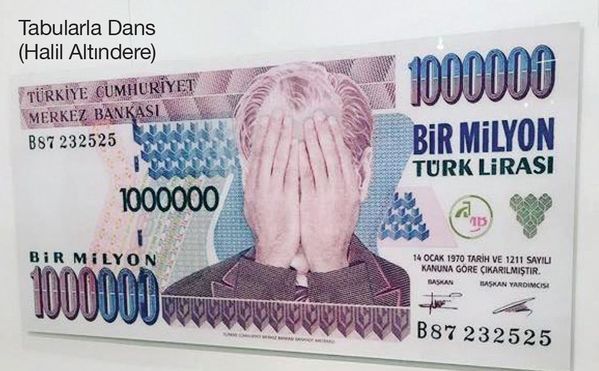
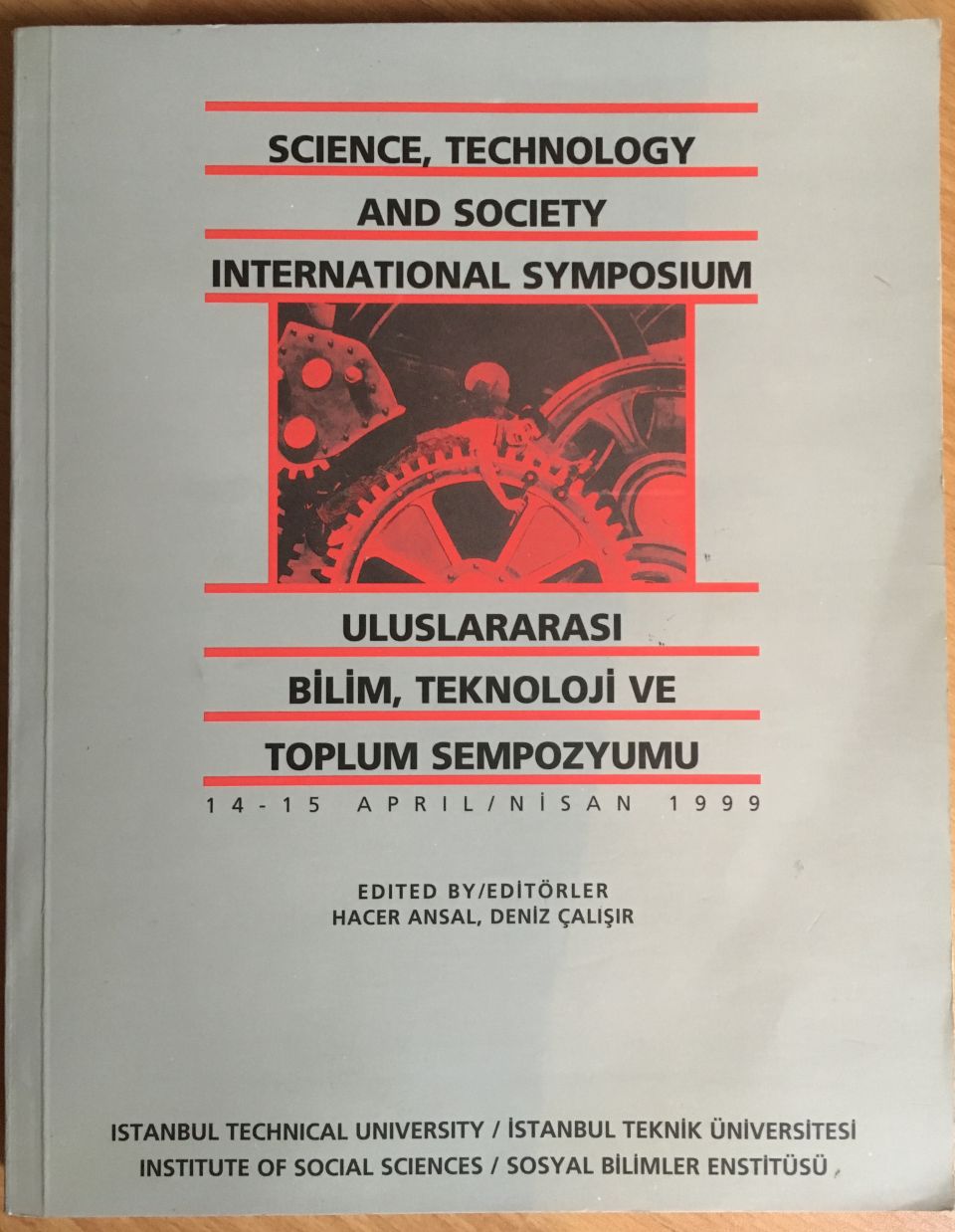
During the preparation of the curriculum, all STS program structures and course contents in the world were examined and some visits were made to some of the most well-known universities in the field (MIT, Harvard, Cornell, Edinburgh, Maastricht), and information about the structure of their programs was obtained from the well-known researchers in the STS area such as Sheila Jasanoff, Leo Marx, Nur Yalman, Deborah Fitzgerald, Trevor Pinch, Wendy Faulkner, Wiebe Bijker, Jessica Mesman to name a few…
STS International Symposium (1999)
Institute of Social Sciences organized a symposium for the first time to promote STS as a discipline in Turkey. Held between 14 to 15 April 1999, researchers from MIT, Harvard, London, Maastricht, Edinburgh, Cornell, Paris, Chalmers, and Bielefeld Universities who have pioneering STS works have contributed to the emergence of STS in Turkey.
ITU became a member of ESST in May 2000.
Research Capacity Development
An Ethical Framework From a Fairness and Justice Approach
STS MA Program in ITU (2000-2006) demonstrates a perfect example for the fragmentation of STS in Turkey. Lack of institutionality and dependency on personal commitments reveals a strong symptom of the dominant scientific culture in Turkey.
A dateless report - probably from 2005 - which was addressed to the ITU rector (2004-2008), Prof. Faruk Karadoğan, clearly indicated the problems, and it also suggested solid solutions for the existence and sustainability of the program as the last call, before the program’s closure in 2006. The problems were stated as demanding “urgent” solutions.
This report was signed by Prof. Yıldız Sey, as the ESST Administrative Board Representative, Prof. Ahsen Özsoy, as the Director of The Institute of Social Sciences, Prof. Hacer Ansal, as the former program coordinator and the general...Read more
The topic of the Second Semester Specialisation Program was “Building and Maintaining Life in Development Process” and the program offered the following courses in modules:
1. Module: Non -Western Modernities
(İştar Gözaydın and Christoph K.Neumann)
The concept of modernity; Agricultural and industrial revolutions, their impacts on the non-Western world: comparing the cases of Anatolia and Egypt; Constitutionalism, secularism, and nationalism: India and Turkey; the 19th century reforms of the education system; Reactions to the “new” science, technology and the law from the 19th century Ottoman perspective; Non-Western modernity: a gendered issue?; The emergence of the “modern” Turkish Republic, the European community and the legal systems of peripheral countries.
Building and Maintaining Life in the Development Process
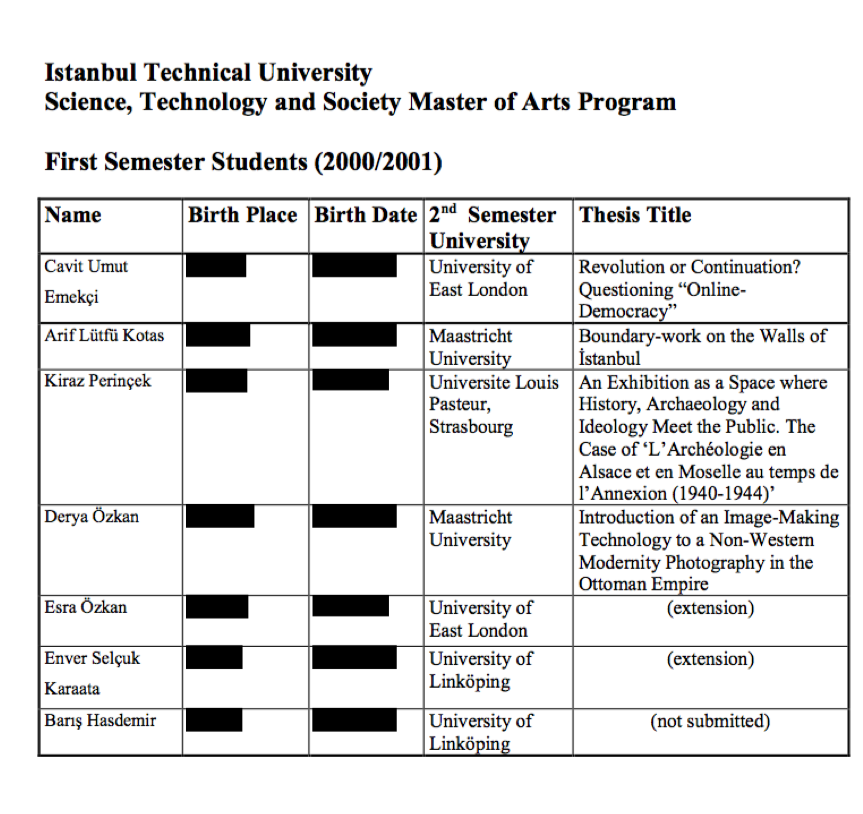
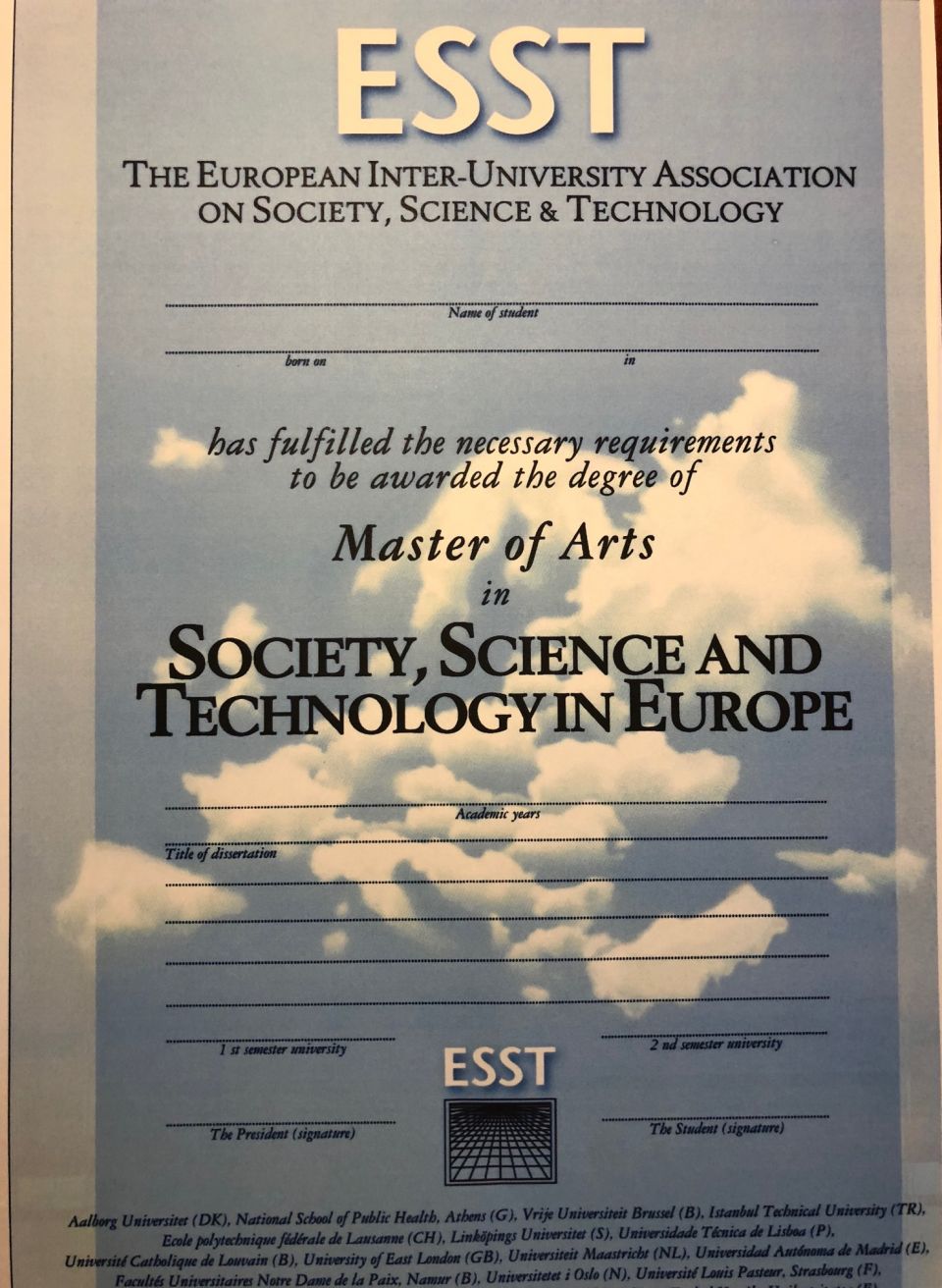
Programme BroshureRead more